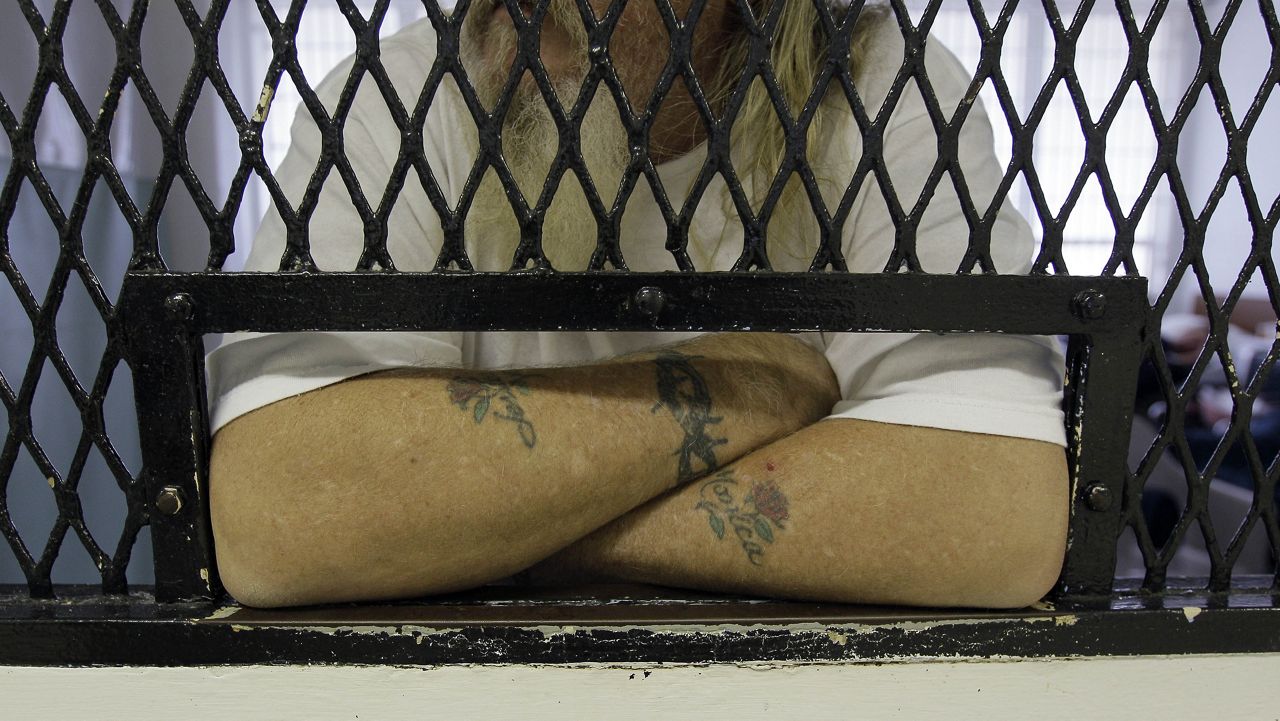
The Good Boss
If you want to see a heavyweight world champ fighting in a piddling featherweight bout, look no further than Fernando León de Aranoa’s The Good Boss, in which Javier Bardem goes full sitcom as the apparently benevolent owner of a premium scales concern based out in the Spanish sticks.
A slick silver fox whose years at the helm have left him feeling omnipotent towards discord, his sole professional goal is to receive an award for business excellence thus sealing his reputation as one of the country’s most prevalent leaders in manufacturing. Achieving this goal, however, takes more than upholding sturdy and morally forthright workplace practices: he is a man whose craven desire for control takes him towards the very edge of ruin.
Bardem as the formidable Senor Blanco at one point offers a colleague an, “offer [he] can’t refuse”, and readily acknowledges he is aware of the phrase’s chilling cultural relevance. He doesn’t, however, realise that his small but meaningful abuses of power, and the micro-aggressions that exude from his macho body language, have lead him to be both feared and revered as a kind of Mafia capo, albeit a somewhat foolish one.
The film is simple to the point of being wholly predictable, as Blanco attempts to “fix” the various HR problem ahead of a big external inspection, but discovers that his superficial solutions and can only get him so far. One unfortunate ex-employee builds a protest camp at the gate of the factory. He complains (in turgid rhyme) that Blanco won’t give him a fair shake and refuses to move. Despite his various attempts at discretion, Blanco realise that he can’t just sweep the man aside, and so as the plot rolls on, the expected nuclear option comes closer to fruition.
The functionally directed The Good Boss doesn’t draw on the comedy of humiliation like the similarly-inclined TV show The Office, and it always remains within the bounds of reason why Blanco has managed to attain the position he has. His constant lapses into misjudgment, sexism, racism and elitism speak of a white collar class blind to the casual malevolence they spew over their staff every day, and Bardem achieves this without ever making his character come across as a moneyed monster. Yet, is “bosses are bastards” really news?
This idea that bending the rules even a tiny bit opens us up to reprisals is overbearingly represented in Almudena Amor’s femme fatale intern Liliana, whose entire arc is obvious from the first time she’s seen strutting across the factory floor and flicking her hair coquettishly to attract the attention of the God-like bossman.
It’s a decently constructed piece of fluff that is way too soft to exert any real lasting impact. Yet the reason to see it is for Bardem’s masterful, completely committed lead turn. The real comedy gold comes from his blink-and-you’ll-miss-it expressions and mannerisms that usually come when he’s listening to other people talk.
Last thing: it’s completely baffling that this film has become an awards darling in Spain, trumping the (infinitely superior in every way) Parallel Mothers by Pedro Almodóvar at every turn. A bit of a travesty, all told.
Published 15 Jul 2022




















































